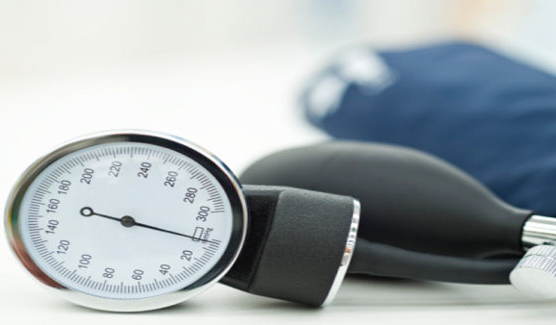
In some people the blood pressure remains constantly low and does not cause any problems or symptoms--- it is almost never serious.
But if the blood pressure drops suddenly it can cause the above symptoms.
Table of Content:-

You are more likely to have hypotension if;
- You are on prolonged bed rest and then get up (or resume) an upright posture
- You are pregnant (usually in the first 24 weeks of pregnancy)
- You have lost lots of blood
- You are on certain medications, such as medications for high blood pressure, certain heart medications, certain medications for Parkinson's disease, tricyclic antidepressants, or medications to treat erectile dysfunction
- You have heart diseases like slow heart beat, diseases of heart valve, heart attack, or heart failure
- You have hormonal or endocrine problems such as hypothyroidism, parathyroid disease, Addison's disease, low blood sugar, or diabetes
- You develop serious infection of the blood stream
- You have anaphylactic reaction (it is a life-threatening allergic reaction)
- You have neural problem which affects your blood pressure
- You have nutrient deficiency, (such as deficiency of vitamin B12 and folic acid)
How is low blood pressure diagnosed?
Symptoms of dizziness and lightheadedness do not necessarily mean that you have low blood pressure.
Your doctor will check your blood pressure to confirm if you have low blood pressure. As blood pressure can vary, your doctor will take several readings to confirm that the results are correct.
Your doctor will take a detailed history and examine you. If needed, your doctor will recommend certain tests such as;
- Electrocardiogram
- ECG monitoring (a Holter monitor or "event" monitor)
- Echocardiogram: This is a test measured chambers and wall thickness of the heart and the function of the heart.
- Blood tests such as measurement of electrolytes (sodium, potassium, calcium), blood urea and creatinine levels (these assess the kidney function and health)
- Special tests for hormones of the adrenal gland or thyroid gland
- Urine tests for electrolytes and hormones
- Blood glucose to rule out diabetes
- Hemoglobin to detect anemia
- Other tests such as ultrasound of the kidneys, CT scan of the abdomen
To diagnose postural hypotension your doctor will take blood pressure readings after making you stand from lying or sitting down. If needed, he or she will do, a test called "tilt table" test. In this test your body's reaction to position and changes in position is assessed.
Image source: Getty
How we keep this article up to date:
We work with experts and keep a close eye on the latest in health and wellness. Whenever there is a new research or helpful information, we update our articles with accurate and useful advice.
Current Version
